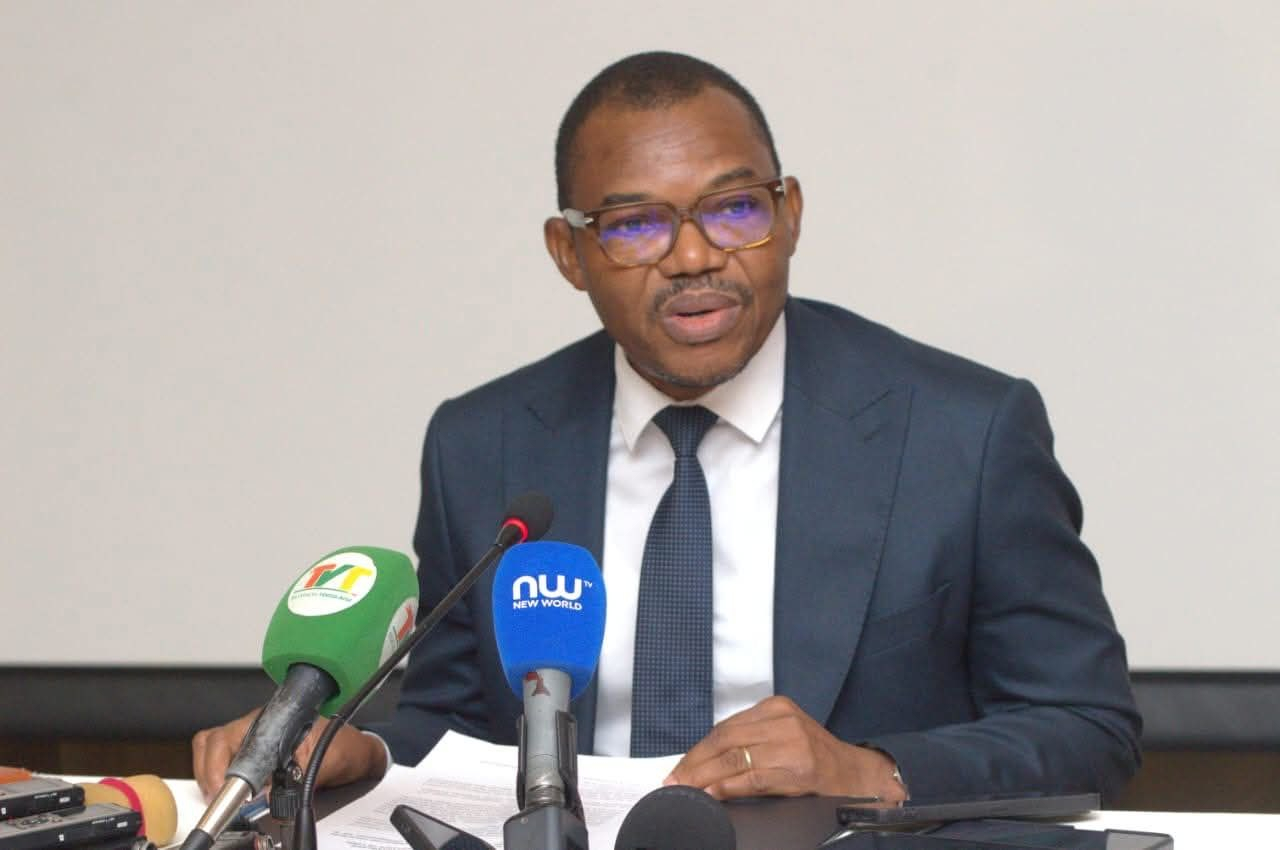The Togolese government has sparked fresh controversy after the country’s public prosecutor, Talaka Mawama, warned against what he described as “abuses and deviations” in the use of digital platforms and social media. Speaking on October 3 in Lomé, Mawama reminded citizens of the legal framework governing online expression, cautioning that violations could now lead to criminal prosecution “without compromise or leniency.”
The prosecutor outlined a wide range of potential infractions, including defamation, insults against public officials, spreading false news, inciting hatred or violence, and violations of privacy. Citing the penal code, child protection laws, cybersecurity legislation, and the press code, he emphasized that users sharing or even approving illicit content would also be liable to prosecution.
“Anyone who produces, reproduces, publishes, or shares content outside the legal framework will face prosecution,” Mawama declared, underscoring what he called the prosecutor’s “regalian mission” to protect the state and society from the “dangers of social media abuses.”
Citizens See Escalating Repression
The announcement, however, has fueled widespread criticism from civil society and ordinary citizens, many of whom accuse the government of weaponizing the law to stifle dissent at a time of growing political tension.
In recent weeks, calls for better governance and demands for President Faure Gnassingbé’s resignation—after more than 20 years in power—have gained traction on social media, with strong backing from the Togolese diaspora. Citizens argue that the prosecutor’s statement is less about curbing hate speech and more about silencing political opposition.
Kao Atcholi, head of the Association of Victims of Torture in Togo (ASVITTO), strongly condemned the move:
“We are witnessing a repression of every dissenting voice. Those arrested for their interventions on social networks are targeted simply because they succeed in raising awareness among the population and encouraging them to demand their social rights.”
Civil Society Calls for Calm and Releases
The Mouvement Martin Luther King (MMLK), a prominent human rights group, also expressed alarm over what it called a “climate of terror and fear.” In a statement issued on October 5, the organization warned that mass arrests of activists and citizens, many of them young, run counter to the recommendations of the Truth, Justice and Reconciliation Commission (CVJR).
The group listed several detained figures, including activist Folly Satchivi, Pastor Stan Agbodo, and midwife Grace Koumayi, arrested on October 3.
“These practices do not foster national cohesion or unity,” MMLK declared. “The climate of terror and fear is far from meeting the guarantees of non-repetition recommended by the CVJR.”
The MMLK urged authorities to release all political detainees, defuse the political crisis, and uphold freedoms guaranteed under the Togolese constitution.



